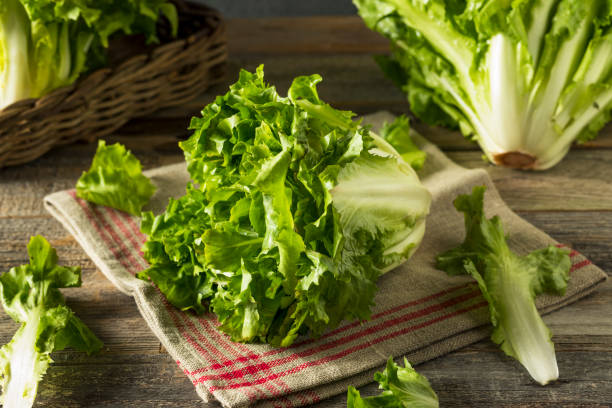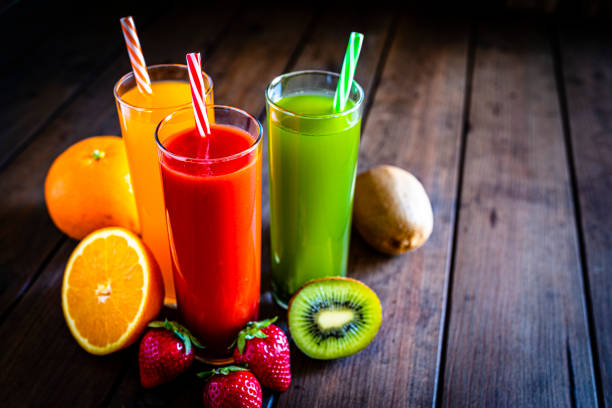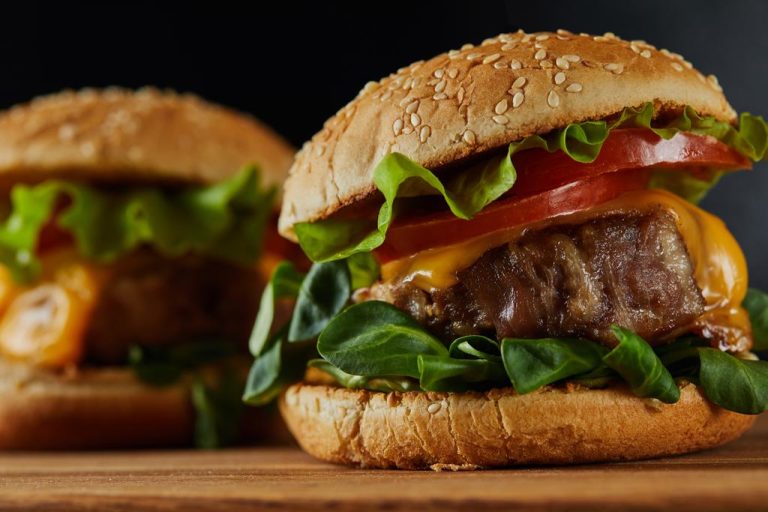Anyone strolling through the weekly market these days can see the endives with their green leaves shining from the tables. The salad is currently in the high season in Germany and not only tastes delicious as a fresh side dish: the endive also stimulates the appetite and digestion.
The late summer salad

In the period from September to November, the supply of endive from domestic cultivation is particularly large. There are two types of lettuce: the smooth-leaved escarole and the curly-leaved frisée. Both variants are equally suitable as starter salads because the endive stimulates the appetite and digestion.
Appetizing & digestive
This type of lettuce owes its typically bitter taste to the bitter substance lactucopicrin it contains. This stimulates the appetite and digestion and has a slightly diuretic effect.
Endive is so healthy
In addition to the bitter substances, the endive contains a large amount of beta-carotene, which is particularly good for the eyes and skin. In addition, the lettuce leaves score with potassium, calcium, phosphates, and folic acid. The latter is one of the B vitamins and is involved in important growth processes, cell division, and blood formation.
Kitchen tip

If you don’t like the bitter taste of the endive, you should soak the leaves in warm water before serving or add a little sweetness to the salad dressing – for example with honey or a pinch of sugar. Removing the thick ends of the leaves can also counteract the bitter taste of the endive. The salad is best stored in the refrigerator.





